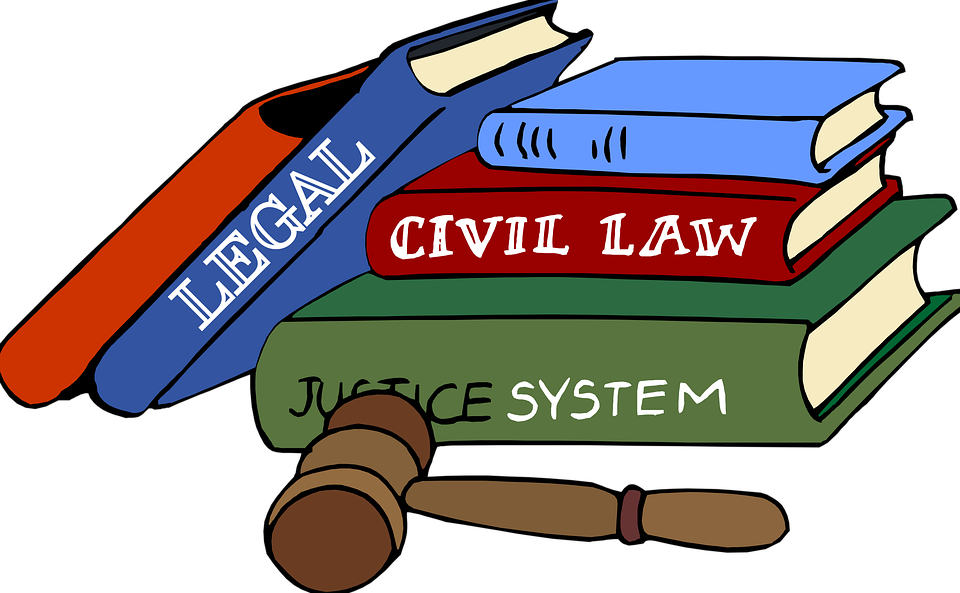LAW OF TORT
INTRODUCTION
LAW
Law may be defined as the body of rules recognized and applied by the state in the administration of justice. The law consists of rules recognized and acted on by courts of justice.
Law may be divided into 2 senses.
- Civil
- Criminal
CIVIL LAW - Civil law is used in 2 sense:
1. In one sense it indicates the law as a particular state as distinct from law external to it such a international law.
2. In restricted sense, Civil laws indicate the proceedings before civil courts where the civil liability of individuals for wrongs committed by the and other disputes of a Civil nature among them are adjudicated upon and decided.
CRIMINAL LAW - It indicates the proceedings before criminal courts where the criminal liability of persons who have committed wrongs against the state and other prohibited acts are determined.
Difference between Civil and Criminal law
Civil -
- Civil wrong is one which give rise to civil proceedings.
- Proceedings which have as their purpose the enforcement of some right claimed by the plaintiff as against the defendant.
- He who proceeds civilly is a claimant or plaintiff demanding the enforcement of some right vested in himself.
- Examples of Civil : an action for the recovery of a debt, for the restitution of property, for the specific performance of a contract, for an injunction as against a threatened injury, for the recovery of damages for an injury committed.
- The sanction of this system are restorative or compensatory.
Criminal -
- Criminal proceedings are those which have for their object the punishment of the wrong doer for some act of which he is accused.
- He who proceeds criminally is an accuser or prosecutor demanding nothing for himself but merely the punishment of the accused for the offence committed by him.
- Examples of Crime : Murder, Robbery, manslaughter, burglary, arson, theft.
- The sanction of this are punitive or at least disciplinary.
TORT
- The Law Of Tort is a branch of Civil Law.
- The word "TORT" id derived from the Latin word TORTUM which means twisted or crooked or wrong.
- In Roman, it is called "Delict".
- Hence a tort is conduct which is twisted or crooked and not straight. It is a species of civil injury or wrong.
SCOPE
- The word "TORT" has been derived from the latin word "Tortum" which means " to twist".
- It implies a conduct which is 'tortious', twisted'.
- It comates any wrongful act or injury which is redressible by an action for damage at the instance of the person wronged or injured.
- In other words, Law of Tort may precisely be defined as that body of Law which deals with the liability of persons against whom an action in tort would lie.
NATURE OF TORT
- It is a civil wrong in which legal right of a person is violated or there is a breach of duty towards him.
- It is different from a breach of contract or breach of trust.
- It is redressible by a civil action for damages, and such damages are unliquidated.
- In an action for tort, it is not necessary that the plaintiff must have suffered any pecuniary damages due to wrongful act of the defendant.
- Mere violation of any legal right of the plaintiff would render the defendant liable to pay for damages.
IMPORTANCE OF TORT
- The main aim of tort law is to provide a system that holds people accountable for the damages they cause while discouraging others from doing the same.
- People who win tort cases are able to claim compensation for pain and suffering, lost wages or earning capacity, and medical expenses.
- The Tort system also helps to hunt the government's role in the process, allowing it to take lead in criminal cases.








No comments:
Post a Comment